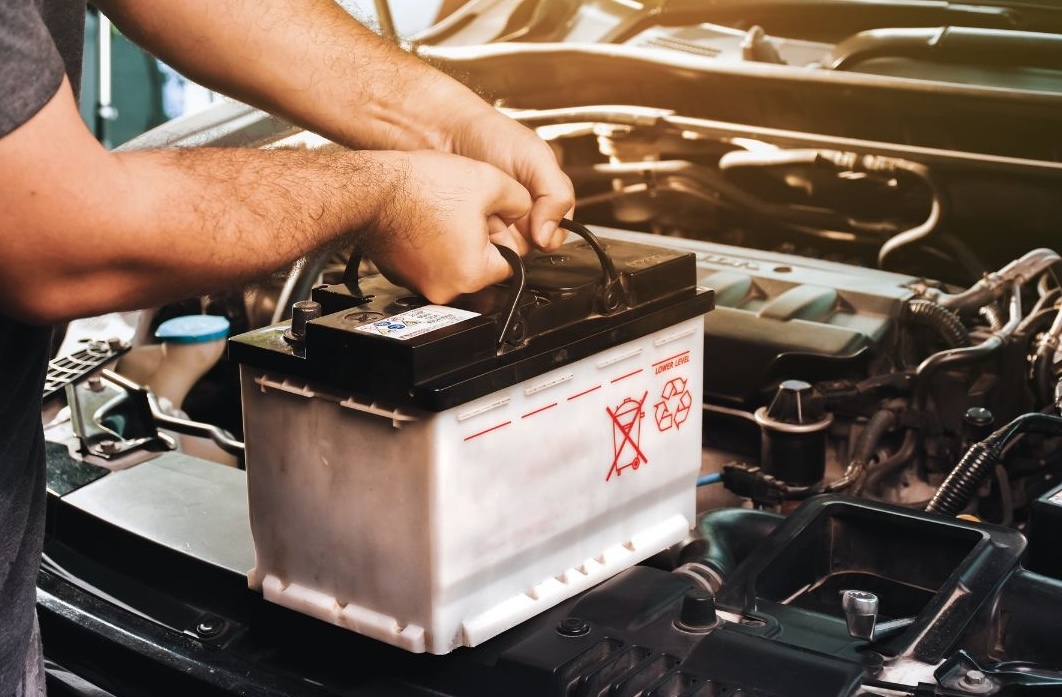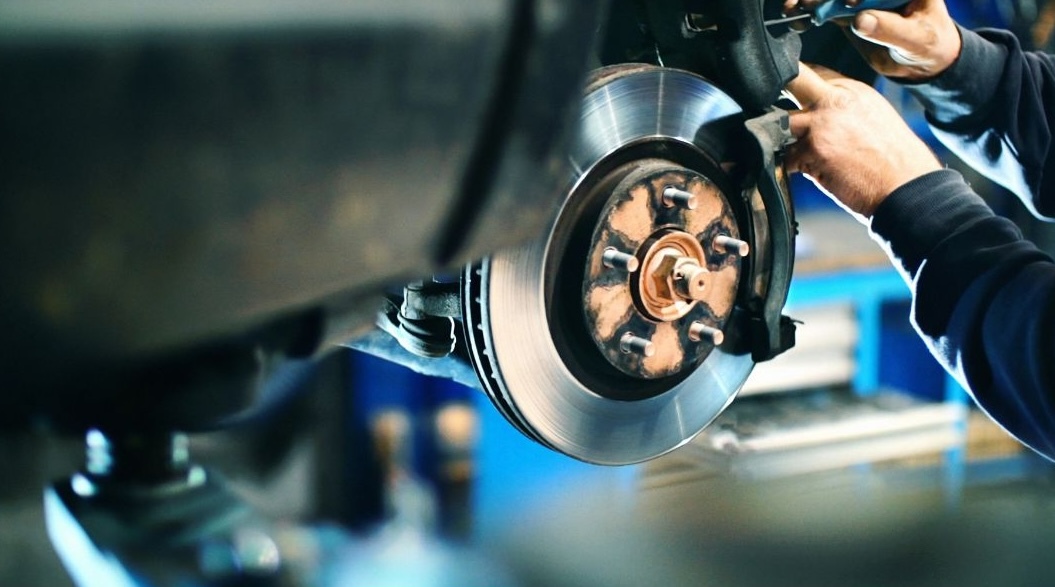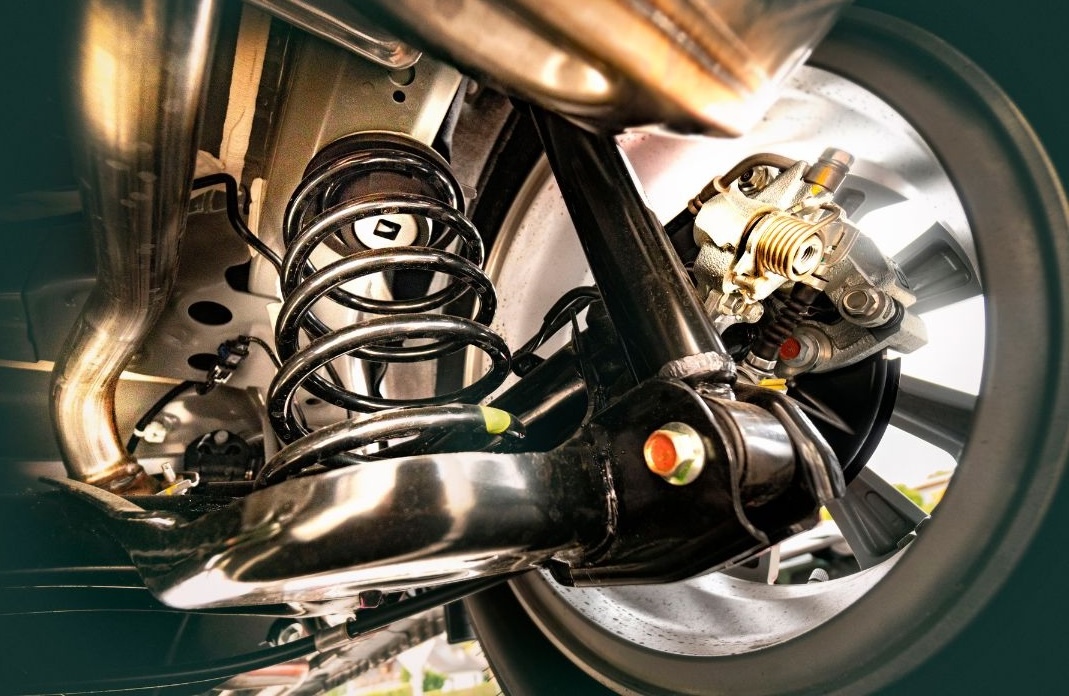Maintaining your vehicle is essential for safety and overall vehicle care.
UK drivers often encounter a range of common car issues that can affect their driving experience.
Addressing these problems promptly is to avoid potential safety hazards and costly repairs to your car or number plate.
If you create a plate using a plate builder, you will want to avoid problems involving damage to the plate.
In this article, we will discuss the top 10 car problems faced by UK drivers and provide practical advice on how to identify and address them.
1. Battery Issues and Electrical Faults

Battery issues and electrical faults are common problems that many drivers face. Symptoms of battery issues include dim headlights and a slow engine crank.
Electrical faults can arise from a faulty alternator or corroded battery terminals.
Regularly checking the battery and electrical system is needed to avoid sudden breakdowns.
Tips for maintaining battery health include cleaning the terminals, meaning the battery is securely mounted, and testing the battery regularly and make sure it holds a charge.
2. Tire Wear & Tear and Alignment Issues
Uneven tyre wear can pose significant dangers, including reduced traction and increased risk of blowouts.
Common causes of alignment issues include hitting potholes and worn suspension components.
To check for tyre wear, inspect the tread depth and look for uneven patterns. It is recommended to rotate and balance tyres regularly to allow for even wear.
Additionally, having the alignment checked periodically can help prevent premature tyre wear and improve the vehicle's handling.
3. Failing Brakes

Brake problems are critical and can severely compromise safety. Indicators of brake issues include squeaking or grinding noises and a spongy brake pedal.
Common causes of brake failure include worn brake pads and leaking brake fluid.
Regular brake inspections are essential to maintain braking efficiency.
Tips for maintaining brake health include replacing brake pads when they are worn, checking for leaks in the brake system, and that the brake fluid is at the correct level.
4. Overheating and Oil Leaks
Engine overheating can cause serious damage if not addressed promptly. Common causes include low coolant levels and radiator issues.
Signs of oil leaks include oil spots under the car and low oil levels.
Preventive measures for overheating include regularly checking coolant levels and that the radiator is in good condition.
If you notice an oil leak, you need to identify the source, such as worn gaskets or a faulty oil filter, and address it immediately to avoid engine damage.
5. Suspension and Steering

Suspension problems can lead to a rough ride and affect vehicle handling. Symptoms include a bumpy ride and drifting to one side.
Common steering issues include difficulty turning the wheel and excessive play.
Maintaining your suspension and steering systems involves regular inspections and timely repairs.
Making sure components like shocks, struts, and steering linkage are in good condition helps maintain a smooth and controlled driving experience.
6. Transmission Troubles
Transmission issues can severely impact a vehicle’s performance. Warning signs include slipping gears and delayed engagement.
Causes of transmission problems range from low transmission fluid to worn components.
Regular maintenance, such as checking and replacing transmission fluid, can prolong transmission life.
If you experience persistent issues, seeking professional help is crucial to avoid costly repairs.
7. Exhaust Emissions and Efficiency

Exhaust problems can affect both performance and fuel efficiency.
Symptoms include loud noises and decreased fuel efficiency.
Common causes are a faulty oxygen sensor or exhaust leaks.
Regular exhaust system checks can help maintain optimal performance.
Tips for maintaining fuel efficiency include making sure the exhaust system is free of leaks and replacing faulty sensors promptly.
8. Windscreen Chips, Cracks, and Visibility Issues
Windscreen damage is often caused by debris or temperature changes.
Chips and cracks can obstruct visibility and worsen over time if not repaired promptly.
Maintaining clear visibility involves regular cleaning and addressing damage quickly.
For small chips, repair kits can be effective, but larger cracks often require windscreen replacement.
Timely repairs prevent further damage and allow for safe driving conditions.
9. Cracked Number Plate

Number plate damage can occur due to accidents or weather conditions.
Driving with a damaged number plate has legal implications.
Preventing number plate cracks involves avoiding physical damage and extreme weather exposure.
10. Key Fob and Central Locking Failures
Key fob and central locking issues can be inconvenient and affect security.
Signs of key fob problems include unresponsive buttons and limited range.
Central locking failures often stem from battery issues or wiring problems.
To maintain key fob functionality, replace batteries regularly and keep the fob clean.
If issues persist, consider professional repair or replacement to make sure there is reliable access and security for your vehicle.
Recapping the top 10 common car problems highlights the importance to you, as a vehicle owner, of regular maintenance and timely repairs.
Addressing issues like battery faults, tyre wear, and brake failures promptly means that there is vehicle safety and longevity.
By being proactive in maintaining your car, you can avoid costly repairs and improve your driving experience.
For those needing new number plates, check out our Demon Plates number plate builder for high-quality replacements.
